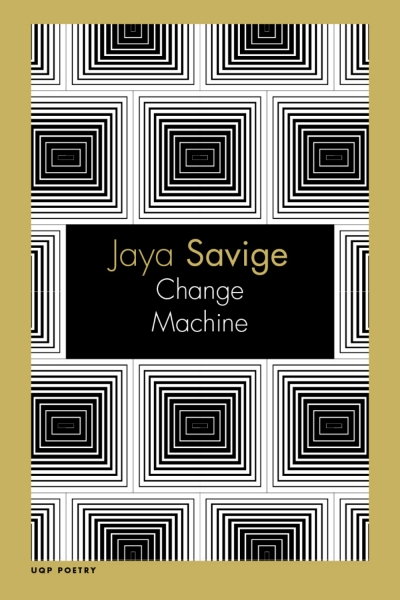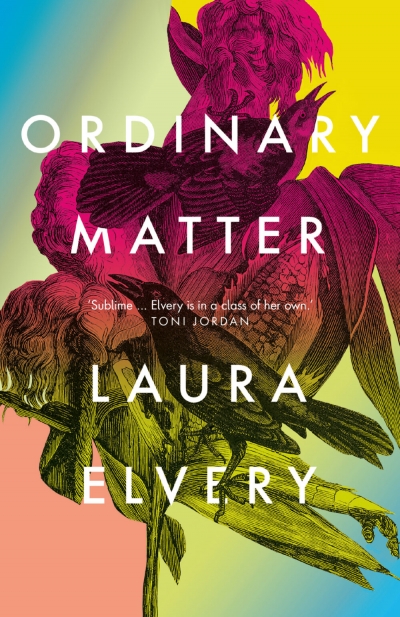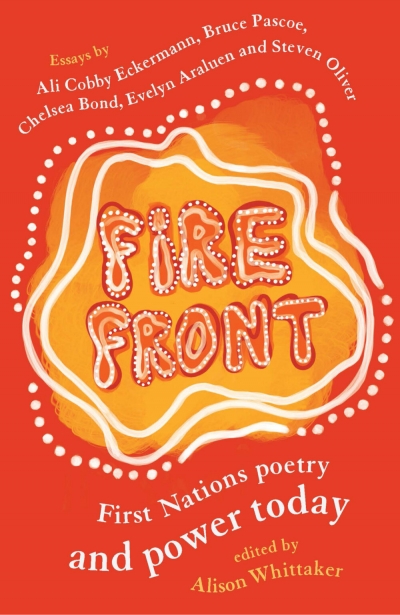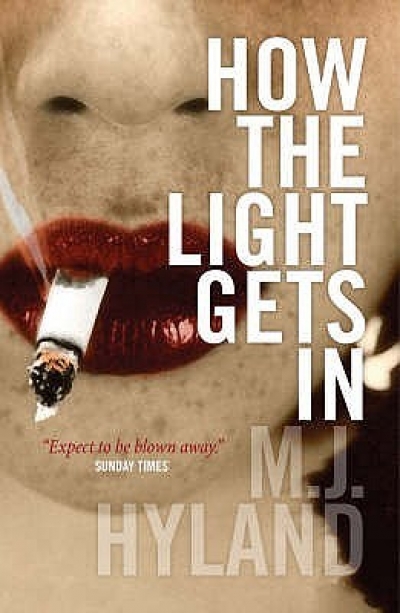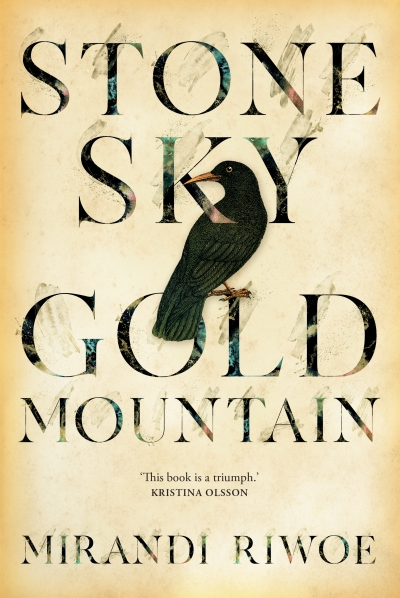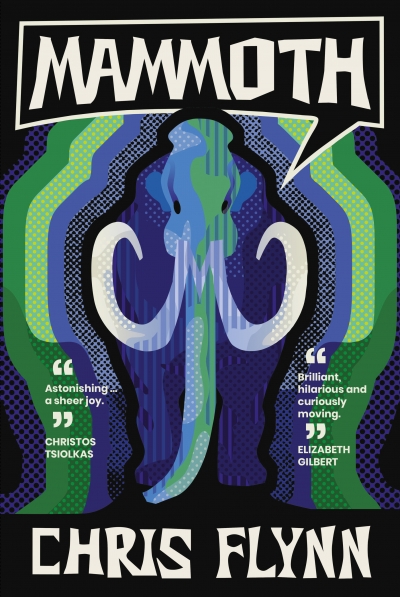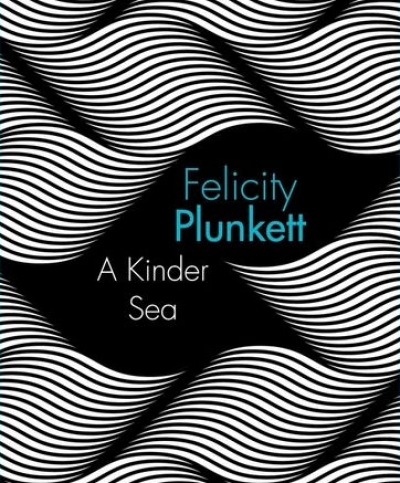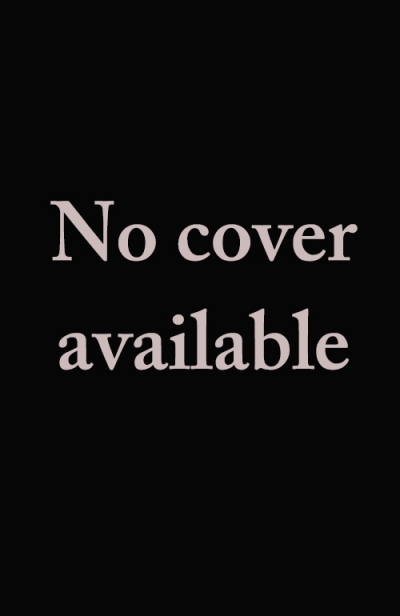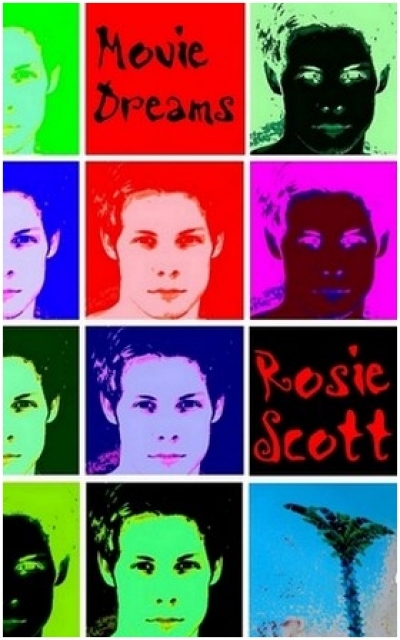University of Queensland Press
In 1795, Friedrich Schiller wrote: ‘So long as we were mere children of nature, we were both happy and perfect; we have become free, and have lost both.’ For Schiller, it was the poet’s task to ‘lead mankind … onward’ to a reunification with nature, and thereby with the self. Central to Romantic thought, reimaginings like Schiller’s of Christian allegory, in which (European) humans’ division from a utopian natural world suggests the biblical fall, strike a chord in our own time of unfolding environmental catastrophe. Against such an unfolding, three new Australian books of poetry explore the contemporary relationship of subject to place.
... (read more)Fire Front: First Nations poetry and power today edited by Alison Whittaker
by Declan Fry •
How the Light Gets In by M.J. Hyland & Tristessa And Lucido by Miriam Zolin
by Madeleine Byrne •

